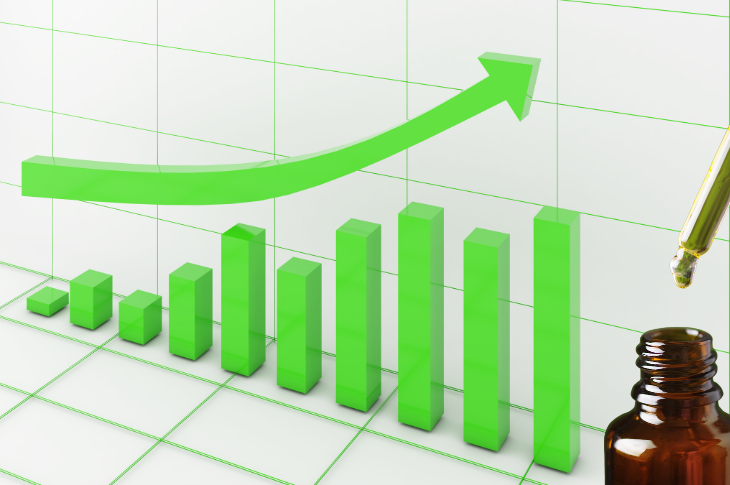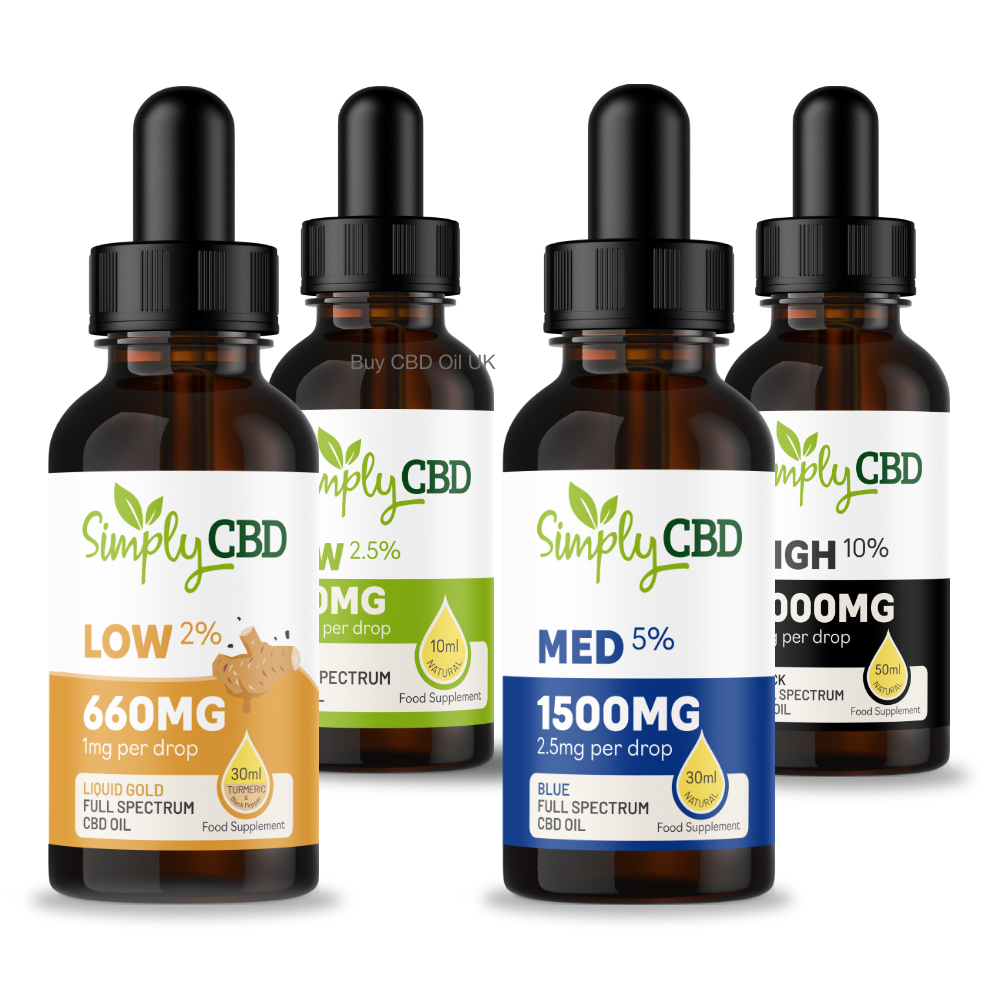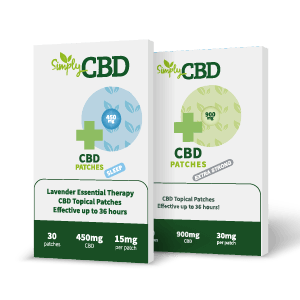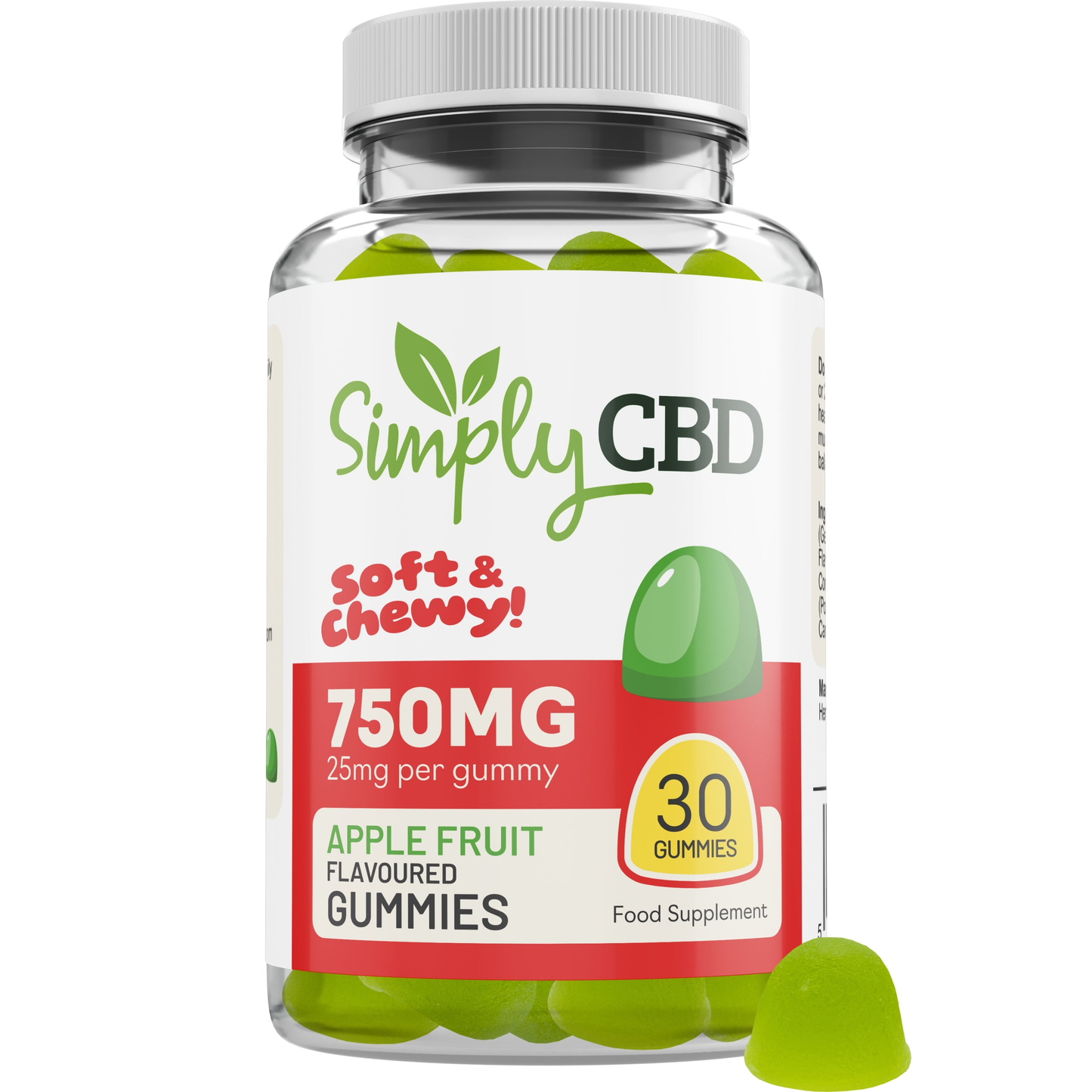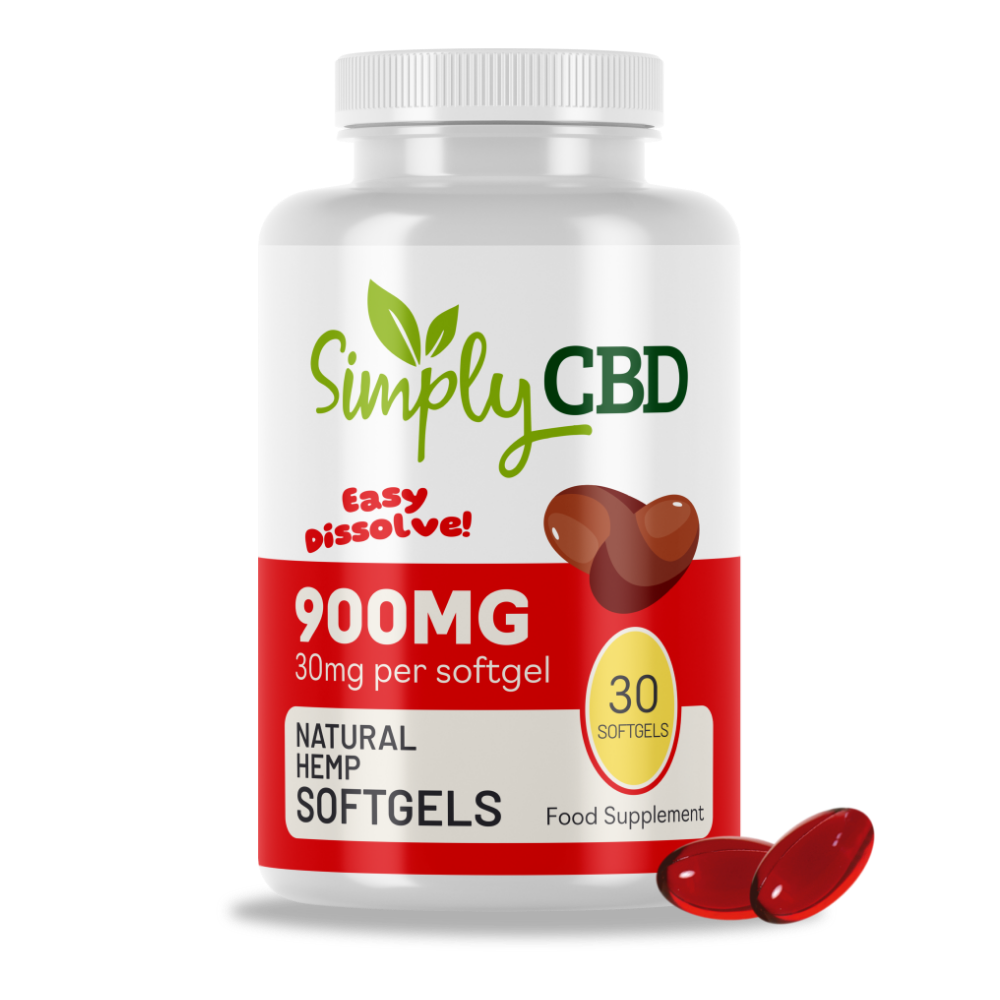
When shopping for CBD products, consumers may notice that some products contain extracts from organic hemp, while others do not. This is more significant than some may realise, as non-organic hemp may expose consumers and the environment to harm. Knowledge of organic methods and their relation to hemp and CBD products is useful for all CBD users.
What does organic mean?
The exact definition of the word organic can vary depending on the governing body providing the definition. However, the overarching meaning of the term is to be produced or manufactured without the use of chemical fertilisers, pesticides, and other artificial additives. This is a common term used in many different industries. For example, when grocery shopping, some of the fruits and vegetables on offer will be labelled as organic. This means that the produce and the environment it was grown in were not subjected to harsh chemicals. The reason that not all products are organic is that chemical fertilisers can speed up growth, and pesticides can ward off pests. However, these chemicals produce far more harm than good in most cases.
What is organic vs non-organic hemp?
Organic hemp is hemp that has been grown without the use of chemical pesticides, fertilisers, or additives. Non-organic hemp is grown using some or all of these chemicals. Chemical fertilisers can speed up the plant’s growth, but hemp is already a naturally fast growing plant. Therefore, the use of chemical fertilisers or other chemical growth stimulants is unnecessary and can be harmful. There are also plenty of natural fertilisers that can be used in place of chemical options.
Chemical pesticides kill all bugs, not just the ones that are harmful, which has a negative impact on biodiversity. Hemp has very few natural predators, meaning the use of these chemical pesticides is usually unnecessary. These chemicals can also reduce the safety and quality levels of the hemp plants.
What are the consumer benefits of organic hemp?
As a consumer, there are multiple benefits to opting for CBD products made with organic hemp.
Healthier
Products containing extracts from organic hemp are considered healthier than those with extracts from non-organic hemp. This is similar to organic fruits and vegetables being considered healthier and more nutritious than their non-organic counterparts. The reason for this is the lack of chemical interference leads to a richer blend of nutrients, vitamins, and minerals.
Safer
Hemp is a natural bio-accumulator. This means that it absorbs materials from the soil it grows in. In fact, in the aftermath of the Chernobyl Disaster, hemp was planted to help absorb radioactive materials and heavy metals from the soil. The same concept applies to any chemical additives used for growing hemp. These harmful chemicals accumulate in the leaves and stalks of the plant, which are used to make CBD products due to their high concentration of cannabinoids. Organic hemp that absorbs no chemicals or other harmful substances is much safer for consumption than non-organic options.
Higher quality
In general, organic products are widely considered to be of higher quality than non-organic products. This extends to the type of hemp extracts used in CBD products. Hemp that is grown organically is thought to contain a broader range of available cannabinoids and plant compounds. These are the components that make CBD products so popular and beneficial. Organic hemp is also typically held to a much higher standard and must adhere to strict criteria, which increases its quality.
More natural
Many people use CBD and other hemp products because they’re all natural. Some users even replace chemical products with natural alternatives like CBD oil. This is only effective if the hemp extracts used in the products are organic. Non-organic hemp still has natural elements, but it will not allow users to move away from consuming chemical additives. Organic hemp is as natural as it gets, making it the perfect option for those who want to avoid chemicals.

What are the environmental benefits of organic hemp?
In addition to consumer benefits, there are many environmental benefits to organic hemp production.
Improves soil quality
Introducing harsh chemical pesticides into the soil can cause it to lose its natural fertilisers. This then leads many farmers to use chemical fertilisers in addition to pesticides, causing further damage. Hemp is known to improve soil quality and leave it in better condition than when it was planted. If chemicals are involved, hemp can help remove some of them, but the soil quality will likely still be diminished. This also negatively impacts the quality and safety of the hemp crop. When the soil is not subjected to chemical additives and hemp is able to grow naturally, the soil’s quality will improve for future crops.
Improves biodiversity
To sustain life on earth, it’s crucial to sustain biodiversity. This applies to the smallest insects, largest animals, and everything in between. Chemical pesticides don’t only kill pests, they kill all insects. This means that pollinators that use hemp as a late season pollen source would be negatively impacted by the use of chemical pesticides. Additionally, other animals use hemp as a food source. For example, wild birds eat hemp seeds and use the plants as a form of shelter. These birds may feel a severe negative impact if their food and shelter source is tainted with harsh chemicals. Therefore, allowing plants like hemp to grow naturally helps improve biodiversity and reduce harm to surrounding ecosystems.
Reduces impact on surrounding air and water quality
Chemicals that are used in the non-organic cultivation of hemp can have a negative impact on the surrounding air and water quality. The runoff of chemicals in the ground can enter surrounding water, which may interfere with marine ecosystems. These chemicals can also be released into the air, reducing its quality and increasing the risk of harm. Some chemical additives are sprayed onto the plants as they grow, which also releases harmful chemicals into the air. Eliminating the use of these chemicals helps maintain the surrounding environment’s water and air quality.
Contributes to sustainability efforts
Due to the current state of climate change and global warming, sustainability efforts are essential. Reducing the use of harmful chemicals and allowing for natural plant growth helps contribute to these efforts. Hemp is known to absorb between nine and 15 tonnes of CO2 per hectare, which is comparable to the absorption rate of a budding forest. This has a substantial impact on environmental sustainability, as CO2 is one of the environment's largest threats. Natural hemp that is not full of chemicals is much better equipped to fulfil its CO2 absorption potential.
Are Simply CBD’s hemp extracts sourced organically?
At Simply CBD, our extracts come from organic, high-grade Dutch hemp. We absolutely never compromise on quality, so users can rest assured that our hemp sources are safe, reliable, and of the highest quality. All of our products are lab tested to ensure that we only offer the best CBD products on the market.
Key takeaways
Here are the key points to remember about organic vs non-organic hemp:
- Organic means to be grown without the use of chemical fertilisers, pesticides, and other chemical additives.
- Organic hemp is grown without the use of chemicals, while non-organic hemp may be grown with any combination of chemical additives.
- Organic hemp is beneficial to consumers because it's healthier, safer, higher quality, and more natural than non-organic options.
- Organic hemp is beneficial to the environment because it improves soil quality, contributes to sustainability efforts, improves biodiversity, and reduces the impact on surrounding air and water quality.
- At Simply CBD, our products contain extracts from organic, high-grade Dutch hemp.



